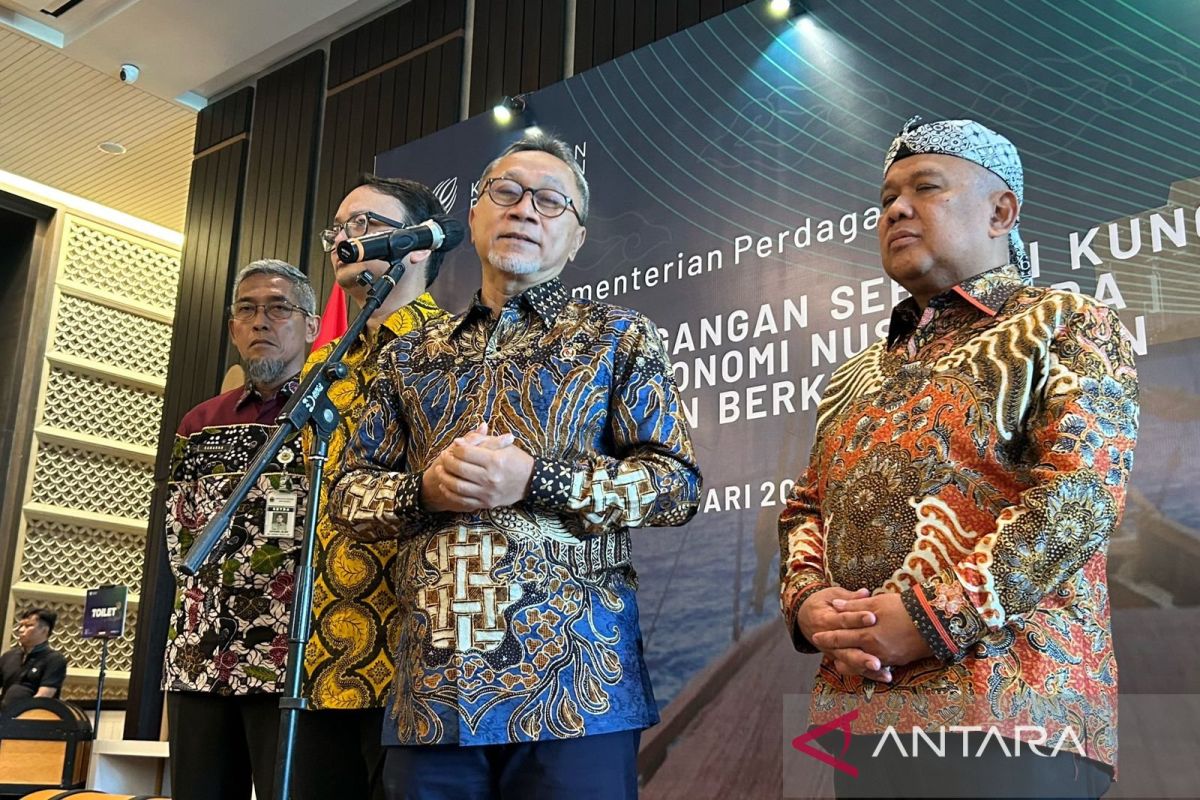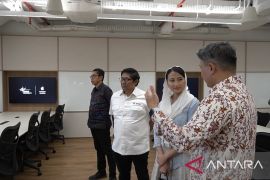“Of course, it needs attention. Therefore, it needs to be supported by skilled human resources and budget,” Hasan remarked after opening the 2024-2025 Working Meeting of the Ministry of Trade in Semarang, Central Java, on Tuesday.
According to the minister, the government is currently expanding market coverage from traditional markets, such as the United States, China, Japan, and Europe, to non-traditional markets, such as Latin America, East Asia, Africa, and the Middle East.
However, Hasan remarked that the value of Indonesia's exports had been stagnant in several markets, such as Africa and Latin America.
The Ministry of Trade is committed to channeling greater attention to working on markets whose growth is slow.
"Mr Djatmiko (the ministry's Director General of International Trade Negotiations) and staff need our seriousness to focus on regions that have not developed," he remarked.
In terms of products, the minister stated that several commodities, such as foods and beverages, meat, vegetables, clothing, and footwear, can be developed for non-traditional markets.
"Our products are of good quality. Back then, we lost to Vietnam and Thailand, though now, we are starting to develop from food. For example, vegetables, meat, and other examples are fish, kerupuk (crackers), sambal (chili relish) are starting to win," he remarked.
At Tuesday's working meeting, Hasan highlighted the importance of three aspects to strengthen Indonesia's trade.
The three aspects are creating sustainable markets; strengthening the production of micro, small, and medium enterprises (MSMEs) that have the quality for exports; and expanding non-traditional markets.
Related news: Indonesia looks to South Asian markets to boost exports
Related news: Indonesia aims to conclude trade pacts with non-traditional markets
Related news: Time for Indonesia`s exporters to look for non-traditional markets
Translator: Maria Cicilia, Raka Adji
Editor: Azis Kurmala
Copyright © ANTARA 2024












